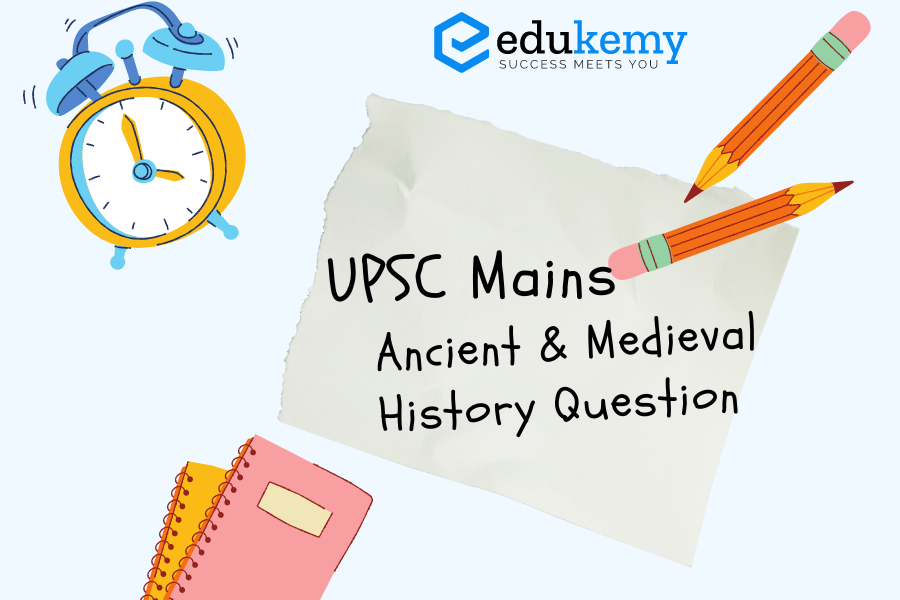
Introduction
The Turko-Afghan epoch, spanning the early 13th to late 16th century under the Delhi Sultanate, witnessed a distinctive administrative setup governing North India’s diverse territories. Various Turko-Afghan dynasties, such as the Slave, Khilji, Tughlaq, and Sayyid/Lodi, marked this period.
Body:
Key Features of the Administrative System during the Turko-Afghan Period:
Centralized Authority:
- Supreme Sultan: The Sultan wielded absolute political and administrative power, representing Islamic authority. Example: Alauddin Khilji’s era showcased highly centralized authority, with direct control over administration and revenue collection.
Provincial Administration:
- Governors: Provinces were managed by governors or nobles (‘wali’ or ‘malik’). Example: Muhammad bin Tughlaq appointed loyal governors to ensure provincial loyalty to the central authority.
Revenue System:
- Land Revenue: Mainly derived from agricultural produce, the state’s share was a fixed percentage. Example: Firoz Shah Tughlaq standardized the land revenue system, enhancing efficiency and reducing peasants’ burdens.
Military Organization:
- Standing Army: Sultans maintained a standing army, focusing on recruitment and training. Example: Iltutmish of the Slave Dynasty strengthened the military through the ‘iqta’ system, granting land to military officers.
Legal System:
- Islamic Law: The legal system adhered to Islamic principles and Sharia, overseen by Qazis. Example: Firuz Shah Tughlaq’s reign featured a legal code based on Islamic jurisprudence, emphasizing justice and order.
Communication and Infrastructure:
- Postal System: An efficient postal system and infrastructure developments improved communication and trade. Example: Sher Shah Suri, not part of the Delhi Sultanate, contributed significantly to road construction, notably the Grand Trunk Road.
Conclusion:
The Turko-Afghan administrative system showcased centralization, adherence to Islamic principles, and a focus on revenue and military, contributing to stability in a diverse region and highlighting the intricate dynamics of politics, culture, and religion in Indian history.

In case you still have your doubts, contact us on 9811333901.
For UPSC Prelims Resources, Click here
For Daily Updates and Study Material:
Join our Telegram Channel – Edukemy for IAS
- 1. Learn through Videos – here
- 2. Be Exam Ready by Practicing Daily MCQs – here
- 3. Daily Newsletter – Get all your Current Affairs Covered – here
- 4. Mains Answer Writing Practice – here

